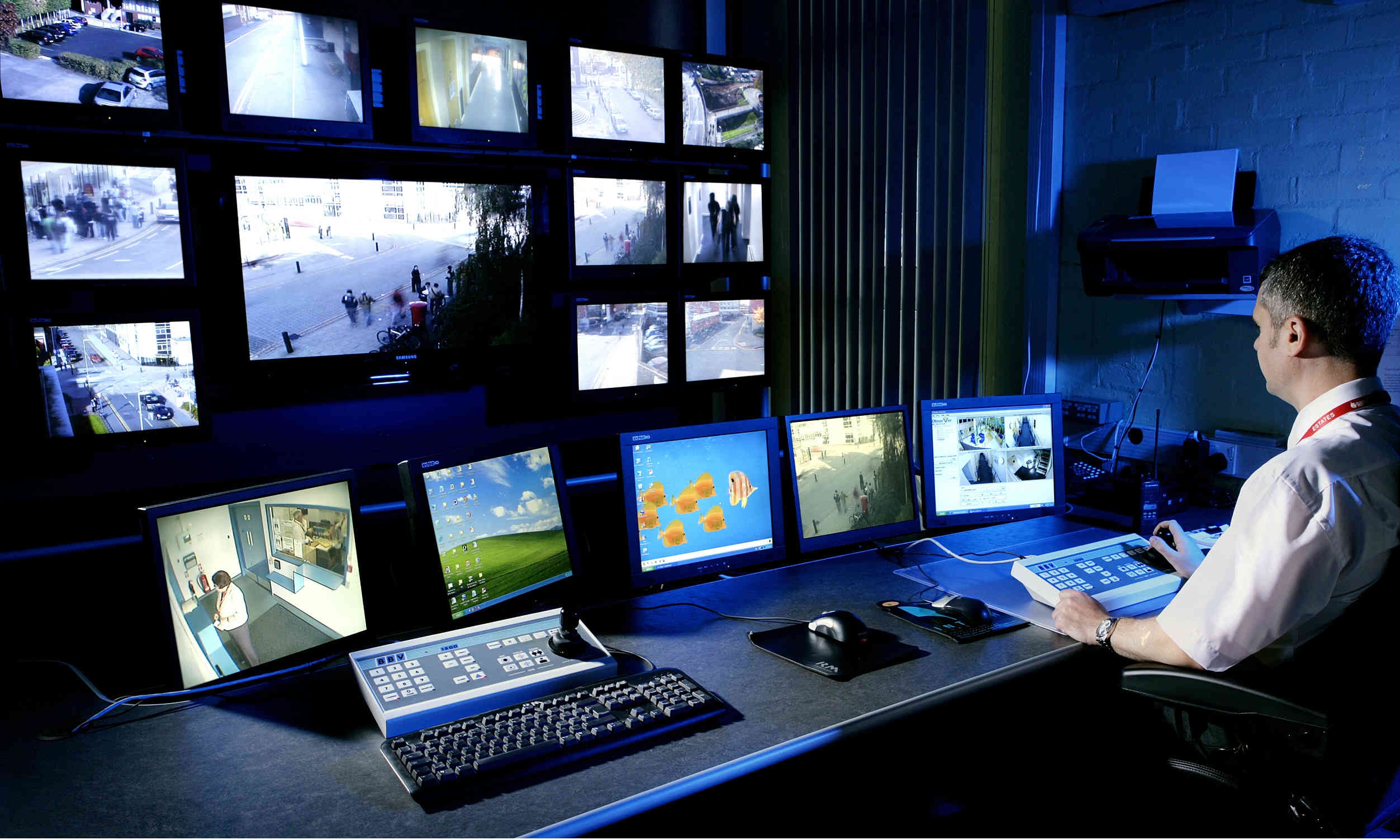CCTV and body-worn technology: providing the evidence
With the horrifying attacks on Paris still fresh in everyone’s mind, the world has once again put the spotlight on security. On Friday the 13th of November, seven separate terrorist attacks happened across Paris. The attacks ripped the city apart, with some of the best known and loved areas of the city turning into ghost towns. In the wake of the attacks on Paris, the blunt reality of a terrorist attack hitting the UK has become a very realistic event. James Kelly, Chief Executive of the British Security Industry Association - the trade body representing the UK’s private security industry - takes a look at the instrumental role that CCTV plays in keeping our nation safe.
The Paris attacks shocked the nation, claiming 130 lives and injuring more than 360 people. As such, the security industry is constantly improving and creating new technology to not only prevent such events from happening again but also prevent crime in general. CCTV in particular has played a significant role in identifying the attackers involved in the Paris attacks. David Cameron recently revealed that 6 terrorist attacks against the UK have been stopped in the last 6 months, showing just how real the threat is. CCTV evidence that has been gathered from failed terror attacks since 9/11 has also been instrumental in the investigation of terrorism and has helped lead to 2,877 arrests for terror offences. As such, with the vital role that CCTV plays in our daily lives, it is imperative that it is constantly developing in order to combat terrorism.
One area that has been gradually developing and is now being deployed amongst the police and public services is body-worn cameras. Body-worn cameras are one of the newer technologies helping with not only terror related crime but day-to-day policing. Law enforcement typically uses the body-worn cameras to gather video evidence of interactions with the public. It has been known to increase both officer and citizen accountability and has led to countless convictions.
In the past it has been difficult for body-worn cameras to be deployed due to issues with infrastructure and bandwidth. However, new developments have seen these issues being overcome, with models being bought to the market that have the ability to stream video and audio content by utilising advanced next generation IP radio networks. Such cameras not only create transparency for security officers when approaching volatile scenarios, but are also vital in providing evidence.
Body-worn cameras have been trialled by a number of police forces across the UK and have seen public support. In Bedfordshire the community actually petitioned for their local police force to wear these cameras and, according to the local Police Federation, since their deployment they have succeeded in clarifying evidence and have served to streamline the criminal justice process. As a result, the cameras are actually time and cost effective, seeing police officers spending more time on duty rather than in an office completing paperwork after an arrest. In a recent interview[1], Jim Mallen, Chair of the Bedfordshire Police Federation, explained this particular benefit in more detail: “It’s a good piece of equipment for frontline police officers for a number of reasons, not least that they are built to capture evidence at the source of crimes. What that allows for is the harvesting of evidence, which then negates the officer sometimes having to attend court to give live evidence and do reports. What it has also done is increase the number of people pleading guilty because of the quality of the evidence.”
The success of body-worn cameras will also see the majority of uniformed officers in the Metropolitan Police being issued with the devices by the end of March 2016[2]. Mayor of London, Boris Johnson, made the announcement in June following the success of a trial in which approximately 1000 body-worn cameras were utilised over 10 London boroughs.
“This wearable tech is not by any means being deployed as the new standard for security work and their usage remains tentative, partially because of the issues with evidence being verifiable or not”, explains Dirk Wilson Chairman of the BSIA’s Police and Public Services Section. Wilson adds: “Returning to the Bedfordshire example, the fact that officers are not obliged to have the cameras running all the time has caused some scepticism from the local community and civil liberties campaigners. Despite initial challenges in its implementation, this is a technology trend that has attracted a lot of coverage in the national press, to which security services are paying close attention.”
Whilst the private security industry continues to contribute new technological innovations to help the public sector combat terrorism, one thing remains paramount amongst these exciting developments – the importance of quality. In order to be considered credible, security products and services must meet with essential British and European standards. Speaking on the issue, particularly with regards to CCTV, Pauline Norstrom, Chairman of the BSIA, comments: “CCTV can be highly effective in protecting the public and business from crime and other risks. However, systems need to be implemented correctly and the cameras be of sufficient quality to act as a deterrent. The industry, with new technology, is currently bringing the changes that will see CCTV deliver greater effectiveness and returns. CCTV is there to help protect the public, property and company's employees from risk, threats and crime. We have to ensure this message is heard because without it, we are a less secure society."
Members of the BSIA are all inspected to the relevant European and British standards and offer a reputable service, to find out more visit: http://www.bsia.co.uk/home.aspx#
[1]Are Bedfordshire’s cop cameras a force for good, Luton on Sunday, August 15th 2015 http://www.luton-dunstable.co.uk/Bedfordshire-8217-s-cop-cameras-force-good/story-27609017-detail/story.html
[2] Met police to issue body cameras to majority of officers by next year, The Guardian, June 2015, http://www.theguardian.com/uk-news/2015/jun/03/met-police-to-issue-body-cameras-to-majority-of-officers-by-next-year



